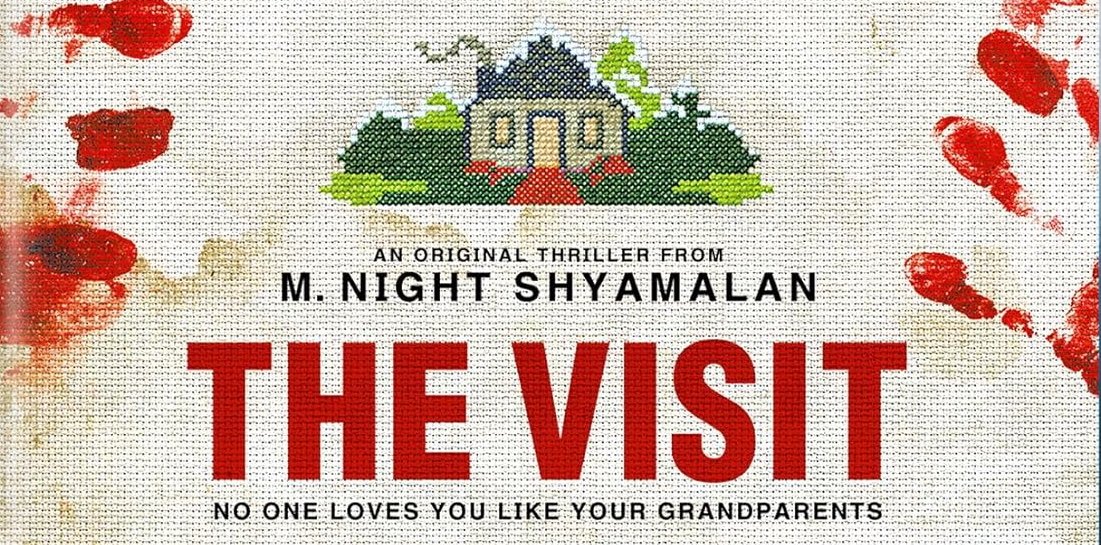
The Visit Review: Shyamalan’s Missed Comeback Chance
In every filmmaker’s journey, there comes a moment that shifts everything — a point where talent, vision, and consistency begin to unravel. For M. Night Shyamalan, many would say that moment came during the final 15 minutes of Signs (2002). Once hailed as a master of suspense and twists, Shyamalan’s signature surprise endings began to feel less like storytelling genius and more like a creative crutch — one he’s struggled to break free from ever since.
The Visit (2015) was marketed as a return to form. For the first time in years, critics and fans alike felt a glimmer of hope. Could this be the film that restores Shyamalan’s cinematic credibility?
The answer, unfortunately, is no.
The Premise Had Potential

In The Visit, two siblings — Becca, 15, and Tyler, 12 — travel to a remote farmhouse to spend a week with grandparents they’ve never met. Their mother, Loretta, had cut ties with her parents years earlier, and now encourages her kids to reconnect.
Becca, an aspiring filmmaker, documents the trip with the intention of crafting a personal documentary. But from the moment they arrive, things feel… off. Their grandparents behave oddly, citing age and illness as excuses. But as the week unfolds, the children begin to suspect something far more disturbing is happening.
For the first 40 minutes, The Visit actually works. Shyamalan builds tension gradually, with eerie moments and clever pacing that hint at a genuine return to the psychological suspense that defined his early success.
But Then… the Twist
Unfortunately, the film’s climax derails everything. The big twist is not just implausible — it’s ridiculous. Rather than enhancing the story, it undermines the entire build-up. What could have been a chilling psychological thriller becomes unintentionally comedic, and not in a self-aware way.
This is emblematic of a deeper issue in Shyamalan’s recent work: twists for the sake of twists, even at the expense of story coherence and emotional impact.
The Found Footage Problem
Shyamalan employs a found footage format, a risky choice that demands careful justification. While Becca’s desire to film everything is explained within the narrative, it still stretches believability — especially during moments of danger where continuing to film makes little sense.
The format also limits the film’s ability to develop characters deeply or explore tension cinematically. In trying to feel raw and immediate, The Visit often feels clumsy and artificial instead.
Flat Characters, Weak Payoff
Shyamalan’s earlier triumphs — The Sixth Sense, Unbreakable — thrived on strong, multidimensional characters. In The Visit, however, the children feel like walking plot devices, not real kids. The grandparents, while performed with enthusiasm, are more caricature than character. There’s little emotional investment, making the film’s final act feel hollow and unsatisfying.
A Question of Humility
Perhaps the most persistent criticism of Shyamalan in recent years is not his talent — which clearly exists — but his seeming refusal to evolve. Rather than adapting or refining his style, he appears committed to the same storytelling patterns that no longer work. There’s a sense of creative arrogance, a belief that clever structure alone can carry a film, even when characters and dialogue fall flat.
In contrast, filmmakers like Steven Spielberg have endured for decades because of their willingness to grow, collaborate, and take risks. Shyamalan’s career, by comparison, feels stuck — defined more by ego than artistic growth.
Final Thoughts: Still Waiting for the Comeback
The Visit is not without merit. Its opening acts show promise, and there are moments of genuine tension. But ultimately, it succumbs to the very flaws that have plagued Shyamalan’s post-Signs career: flat characters, implausible twists, and a lack of narrative depth.
The hope remains that one day, Shyamalan will reclaim the brilliance of his early films. But if The Visit proves anything, it’s that a true comeback requires more than nostalgia — it requires reinvention, humility, and the courage to let go of old habits.
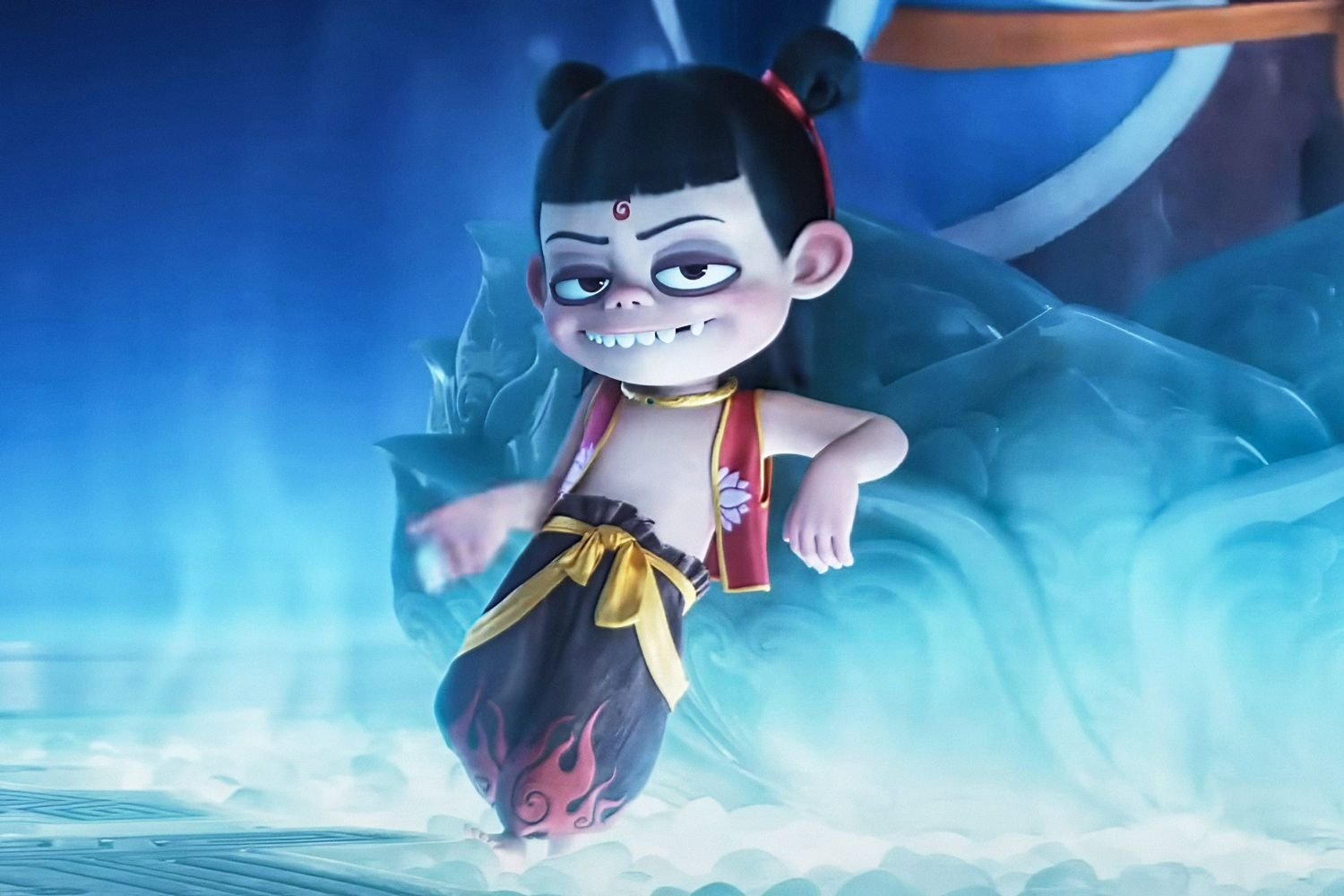
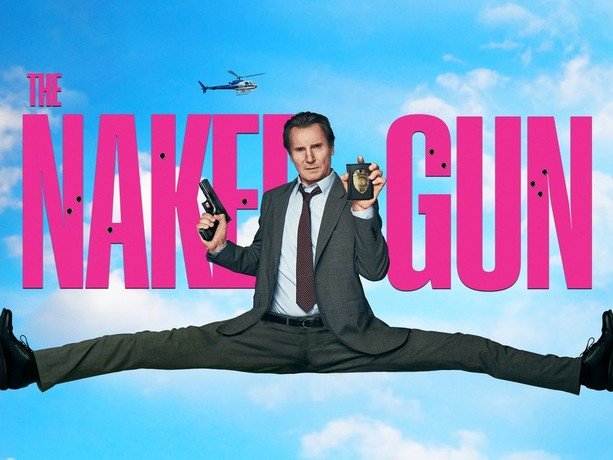
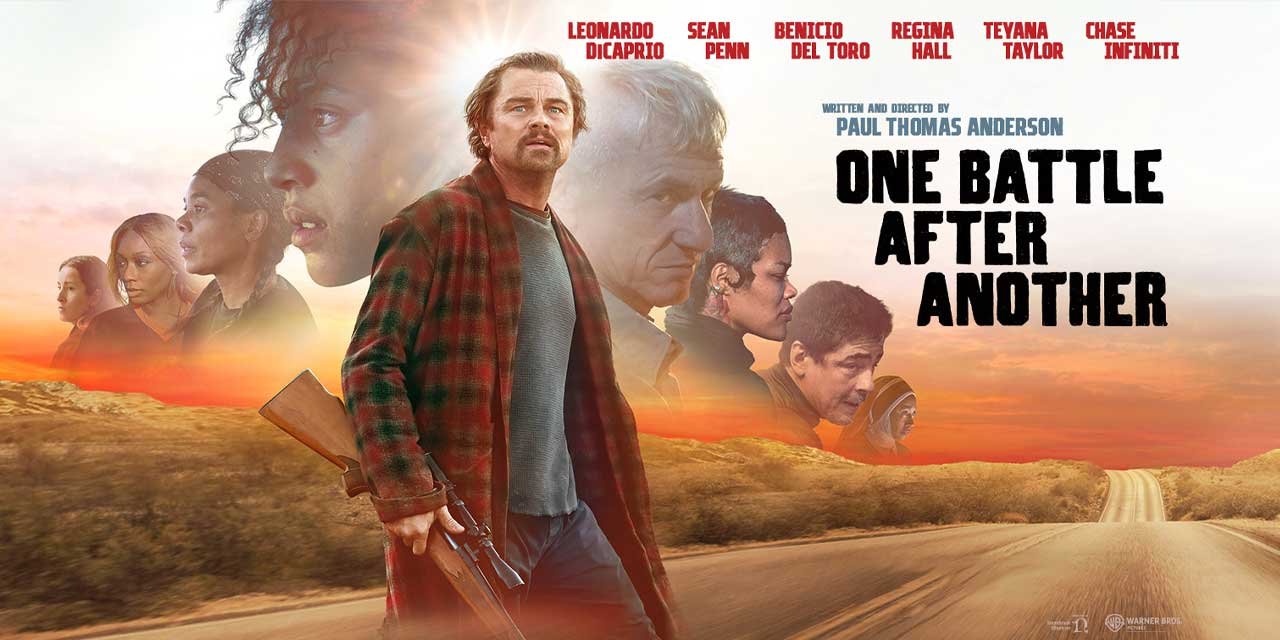








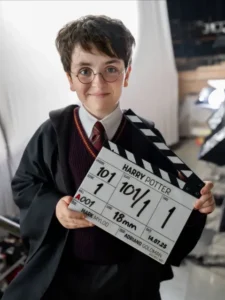

Publicar comentário